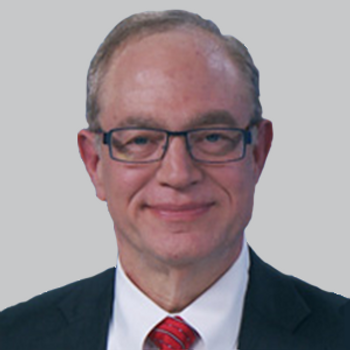
Treatment needs of those with high frequency episodic migraine may be similar to those with low frequency chronic migraine.

Treatment needs of those with high frequency episodic migraine may be similar to those with low frequency chronic migraine.

The recently approved Allergan agent reported lower rates of functional disability and better overall satisfaction with treatment, as well as similar success for those who did not experience efficacy with triptans.
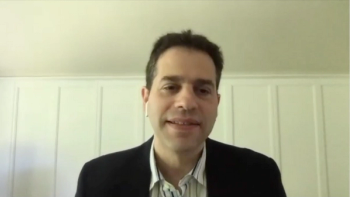
The director of the Neurology Residency Program at Weill Cornell Medicine details his first-hand experience working in the epicenter of the COVID-19 pandemic and how his department adapted.

In Part 2 of this interview, Bryan Davis, PsyD, MS, clinical health psychology fellow at Cleveland Clinic’s Mellen Center for MS, details the impact that conversations about masculinity norms in MS can have on future trials and care.

Patients with pre-concussion migraines that occurred at a rate of >1 per month had a greater number of concussion symptoms and burden over 12 weeks.

Data presented at AHS 2020 suggest that 170-mg oral atogepant (Allergan) was both safe and well-tolerated, setting the stage the continued development in migraine prevention.
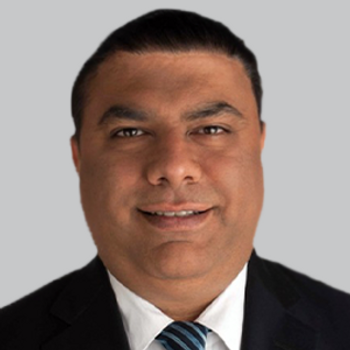
Data from a pair of phase 3 studies suggest that the recently approved celecoxib oral solution (Elyxyb; Dr. Reddy’s Laboratories) offers safe and effective acute treatment of episodic migraine.

The director of MedStar Georgetown Headache Center and associate professor of neurology at MedStar Georgetown University Hospital discussed how this year has proved that telemedicine is likely here to stay.

Infants born to pregnant women with chronic migraine who received treatment with onabotulinumtoxinA did not show any physical, intellectual, or social disabilities.

The results help to better understand the unique risk profiles of people with different subtypes of migraine.
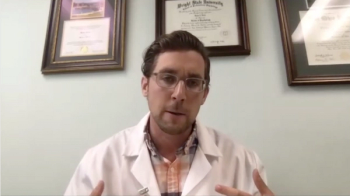
The clinical health psychology fellow at Cleveland Clinic’s Mellen Center for MS Treatment and Research at Cleveland Clinic details the interventions for men with MS and how the study can change the discussion on masculinity norms.
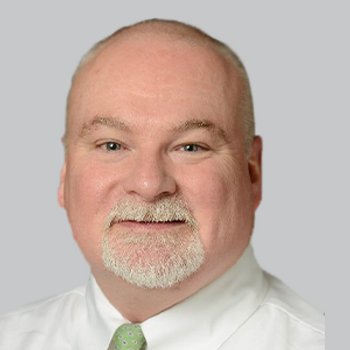
Results from the CHAMP trial of adolescents and children with migraine add to the already active and ongoing discussion surrounding the use of preventives in this population.

Over a 2-year stretch, change in monthly migraine days from the double-blind treatment period baseline was sustained in those treated with erenumab.
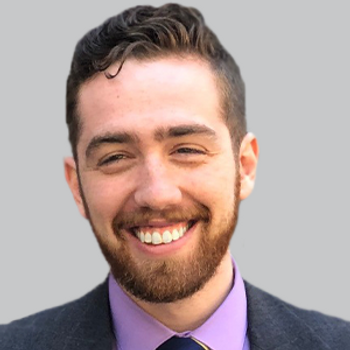
Further studies are needed to confirm the additional reductions in monthly headache days observed in patients with migraine who were treated with onabotulinumtoxinA and an add-on CGRP agent.

Consistent pain relief from all attacks was reported by 27% of patients treated with ubrogepant and 73% experienced relief from at least 1 attack.

The director of MedStar Georgetown Headache Center and associate professor of neurology at MedStar Georgetown University Hospital spoke to the specific datasets she is anticipating at the AHS 2020 meeting.

In Part 1 of this interview, the clinical health psychology fellow at Cleveland Clinic’s Mellen Center for MS Treatment and Research provides in-depth insight on his study evaluating masculinity norms in patients with multiple sclerosis.
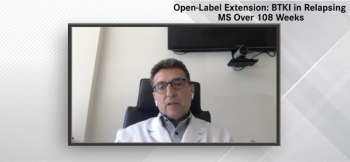
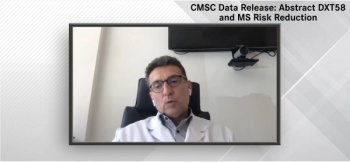
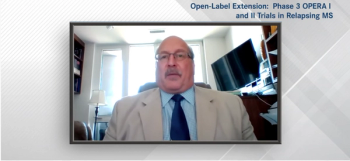
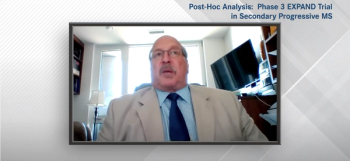
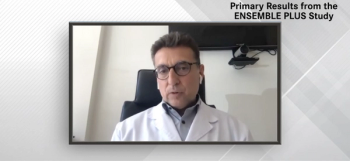
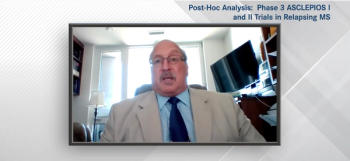
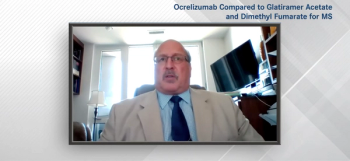
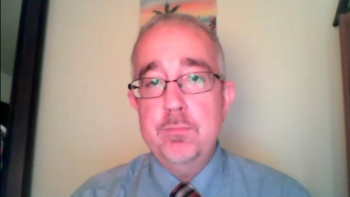
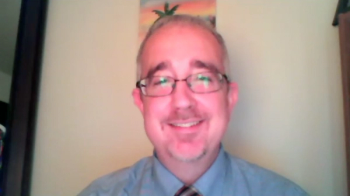
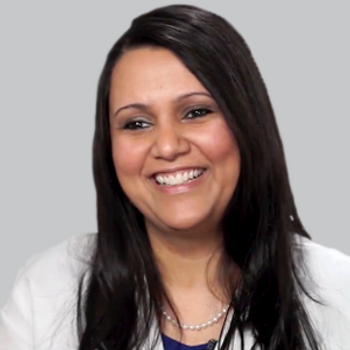
Ahead of sessions kicking off on June 13, Jessica Ailani, MD, FAHS, offers a look into what data, plenary talks, and developments are set to be presented at the upcoming AHS 2020 annual meeting.
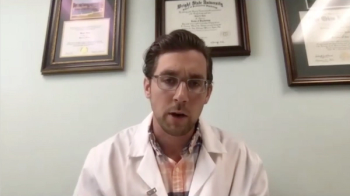
The clinical health psychology fellow at the Mellen Center for MS Treatment and Research at Cleveland Clinic details the use of behavioral health and potential use of Conformity to Masculine Norms Inventory (CMNI) tool in multiple sclerosis care.

The AHS fellow, director of MedStar Georgetown Headache Center, and associate professor of neurology at MedStar Georgetown University Hospital spoke to the rapid expansion of headache medicine and what new research will be discussed at AHS 2020.

The AHS fellow, director of MedStar Georgetown Headache Center, and associate professor of neurology at MedStar Georgetown University Hospital discussed what topics the plenary talks will cover at AHS 2020.